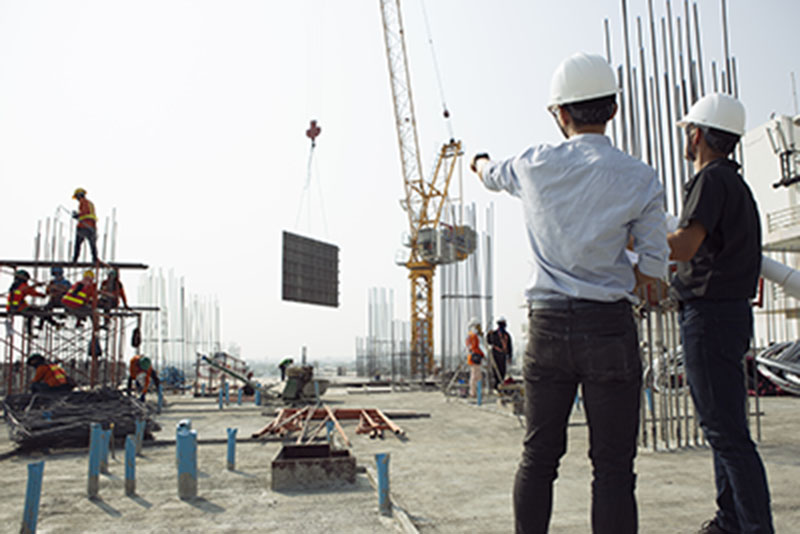Construction projects can be more capital intensive compared to other kinds of projects. As a result, every construction manager needs to employ good strategies for managing and monitoring a proposed plan to guarantee its success. It would be a significant loss if a project fails due to avoidable errors or the owner rejects the final work.
Furthermore, as a project manager, you may have several construction projects to supervise simultaneously, which may pose a challenge to visiting your sites every day. Fortunately, there are site cameras you can use to see what is happening in real-time. You can get the help of construction time-lapse camera companies to capture images of a project cycle from the site, such as Buildcam or your local company.
As much as you would like to excel in your construction projects, you need to be aware of how you can effectively manage them. Below are five tips you may rely on to manage your construction projects effectively:
1. Remote Supervision
You might be wondering how you can supervise your workers remotely. After all, it might be impossible to visit your project sites every day. If that is your challenge, worry no more. Technology has solved the puzzle for you. You can take advantage of drones fitted with a camera. Drones are efficient in capturing still images or motion pictures from various angles. For instance, you can capture aerial photos of the entire project site from a reasonable altitude. Moreover, you can move your drone from one position of your site to another remotely using a smartphone application.
In addition, you can network your site with high-definition cameras at different positions. However, it would be best to look for networking engineers who can attend to your business needs by searching for more info online.
2. Plan Ahead

Planning is essential if you want your project to proceed as smoothly as possible. As the adage says, failing to plan is planning to fail. Planning can be a no-brainer task if you’ve worked on several construction projects before. Experience is an advantage as it equips you with knowledge of how to solve the challenges you may expect and put measures to mitigate them. Alternatively, you may outline the procedures to solve the obstacles to avoid derailing workflow when expected challenges arise.
In addition, planning involves being detailed, especially with the scope of your work. Capturing all details in your plan enables you to identify the resources you need for your project. Resources may include workforce, materials, tools, and equipment.
Another thing you should do in the planning stage is to involve the right stakeholders like suppliers and contractors in scheduling project milestones and their timelines.
3. Be Flexible
During your projects, you may need to make necessary adjustments to accommodate challenges you didn’t foresee. Or, you may have to revise your plans to improve your workflow. Whatever the circumstance may be, ensure you stick to your budget as much as possible to avoid inflating your project cost. Some of the issues that may cause you to readjust include delays in delivering materials. Meanwhile, as you wait for your materials, you may shift your attention to other sections of your project to avoid delays.
4. Manage Your Workforce
Managing your employees well in every step of the project is crucial. Each worker needs to be aware of the project goals. You may need to organize your workers into teams and appoint a team leader who directly reports to you. The leader should give daily reports of milestones covered. You can cluster your groups according to their professionalism to promote better coordination. In addition, good workforce management requires excellent communication and people skills. As a result, appoint leaders who have the proper communication and people skills.
5. Budget
Budgeting is necessary to estimate the cost of your project. When the anticipated cost of the construction project is known, you can decide if it’s worth doing the project or shelving it for a while. When calculating the budget, you should include all materials, wages, equipment, and permits required.
To help you budget correctly, you may:
- Use previous project data.
- Consider other factors like the appreciation of materials in your budgeting.
- Include the land cost if you’re yet to purchase it.
Purchasing construction management software for complex and long-term projects may also help with your planning and budgeting tasks. However, the software might be expensive; thus, it might not be a priority if it inflates your budget so much.
Final Thoughts
Project management can be a daunting and challenging task to undertake. As a result, you may need to upscale your project management skills. Hopefully, this article has given you enough tips to achieve a smooth construction project delivery and complete them in a set timeline. You may also research for more information online to enhance your knowledge.


